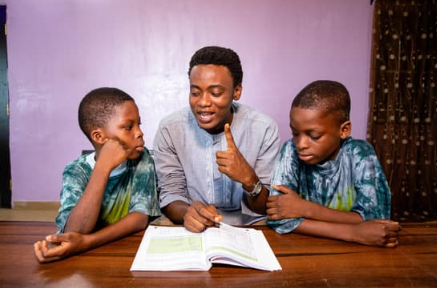
Supporting Children’s Critical Thinking & Media Literacy Skills by Starting with Ourselves - Part Two
Shelby KretzShare
By Katherine Moran
Young people often highlight what we as adults take for granted or accept as fact without fully processing the “why” or “how” behind it all. We are confronted with it when they ask us a question and we realize that we don’t have an answer. I have often found myself responding, “I’m not sure. I’ve never really thought about that.”
In part one of this series, I presented the difficulty of analyzing the credibility of news sources and identifying how we know if something is true. If it is challenging for us adults, how in the world are we supposed to give definitive answers and directions to our young learners? The answer, luckily, is simple: We don’t.
Our young learners don’t need us to be the end-all-be-all of right vs. wrong, truth vs. fact. Being told “because I said so” teaches young people absolutely nothing. In fact, it halts thinking and questioning in its tracks. So what can we do instead? We can continue to learn alongside them, modeling what it is like to research with an open mind, embrace mistakes, confront misunderstandings, and see learning as a lifelong pursuit. We can explain reasons and outcomes, give examples, and search for evidence.
Supporting our young learners’ critical thinking and media literacy skills is part of a larger framework of how we as parents, guardians, teachers, and community members interact with the world around us. Every day we have the opportunity to show the children in our lives how we can react when presented with new information that shows we were wrong about something. Are you going to be defensive, angry, or distrustful? Or could you be open, curious, and grateful?
New learning is a gift. Each new piece of information or misunderstanding that is upended is a stepping stone on the path of continued growth. Embracing that is what makes a strong critical thinker.
Below are a few questions and thinking routines you can incorporate into your conversations with your learners to get started:
- What are some resources we can use to answer that question?
- How do you know? What is the evidence that supports that?
- I used to think…Now I think… framework
For more ways to bring social justice to the little ones in your life, sign up for the LJL newsletter here.
